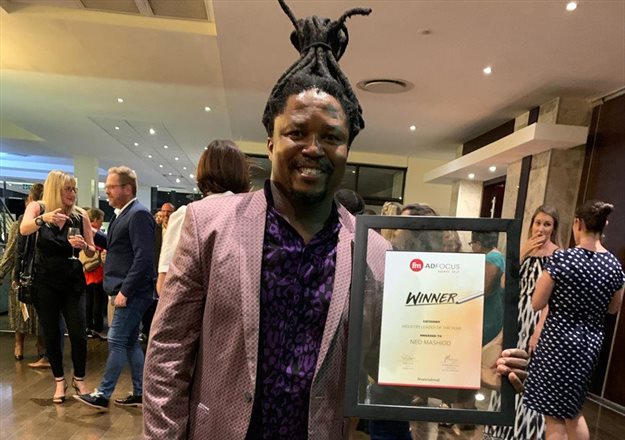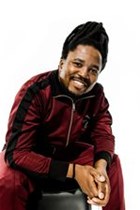
Related
Top stories






More news


Marketing & Media
Ads are coming to AI. Does that really have to be such a bad thing?














That’s the wrong way around, because creativity is precisely what’s needed - not only in the creative industries, but in society in general, corporate South Africa and the government. Creativity holds keys that can unlock exciting doors to new solutions for old problems.
Everyone can be creative. But, there is a caveat. Let’s start at the beginning: everyone is born creative, but many people are taught not to be creative. Either directly or indirectly, people are taught that being creative is wrong.
This is because creativity usually goes against the accepted norm. The more we are told as children, young adults and career professionals, “no, no, no”, the more we end up following what society dictates.
Creativity requires us to step out of line. It requires us to step away from the norm and look at something differently. Creativity requires us to look at something and ask: “What if?” or “how would things be if we looked at them differently?”
In essence then, every time we solve a problem, we are being creative. It is about asking questions, and flipping things upside down and changing our perspective. Ever wondered what would happen if you added a new ingredient into your cooking that deviates from the recipe? That’s being creative.
And when we have cracked a good, creative idea our inner being says “wow”. That wow moment is when magic happens and we invent something new.
So, how can creativity unlock exciting solutions to old problems? Everyone always looks to the top.
#Winner Congrats to my good friend & business partner Neo Mashigo, Chief Creative Officer of M&C SAATCHI ABEL Group, in being named Advertising Leader by Financial Mail’s #FMAdfocus2019 �� #Leader #Inspiration @Blackstar_Event @neomashigo @mcsaatchiabel pic.twitter.com/tMtdVKlfg5
— Mike Abel (@abelmike) November 27, 2019
We are very comfortable and satisfied with being told how the status quo works. Very few people are asking: “Why does it have to be like that? Why?”
The responsibility is on us as creatives to show government and citizens alike the value of creativity with practical answers to pressing societal questions. We should say: “If we, as creatives, were to run the world - this is how we would do it!”For instance, there is no reason why we are voting once where the party that wins gets to determine the policies for the next five years, whereas policies can be voted on, practically, digitally, using fingerprints, all the time, as and when the policies need to be changed. Ask: “What if?”
If there is a minister that’s corrupt, we have the digital capacity to remove them, almost instantly, with the same system and replace them with someone else. Ask: “Why not?”
This approach can be drilled down into workable solutions. For instance, the education system was designed with factories in mind.
The world has changed, and leaders are becoming younger.
Why are we leaving vocational studies to tertiary level? Would it not be more productive to expose primary school children to coding and engineering and allow them to find their talents, and start flourishing, sooner?
Droga5 did a campaign a few years ago in the US where they gave learners cellphones and used data as an incentive. Young people want data, and so in order to unlock the potential of their new phones they had to excel and do their assignments. They were given a reason to work hard.
This example provides a thought starter for a workable solution that can be used in South Africa to get our students to look at education differently. I was thinking about this for a client one day, and thought, what if we said to students: “This is how we will make fees fall?”
Imagine providing a loan for studies. But it is like a bursary scheme and it is only a loan until you get a distinction - then the fees fall away and it becomes a free course. By using this creative incentive, we not only give students a practical reason to work hard and strive for a distinction, but we provide an incentive for parents to be more present and supportive in their children’s education.We say, you can beat the system by performing better. This would be a creative solution that inspires excellence as opposed to simply providing money to pay for fees or extending loans that need to be paid back later.
The same concept could be used in the government’s efforts to encourage entrepreneurship in order to resuscitate the economy and create much-needed jobs. What are the special tax rebates for performing well and employing more people? Are the incentives really driving a culture of wanting to excel against the odds?
Creativity is about looking at the status quo and asking “what if?” It is about asking how we can do things differently. It is about doing this exercise over and over again until our inner being says “wow”, and we invent something, and create magic and provide workable, practical solutions for the country’s problems.
Neo Mashigo, chief creative officer for M&C Saatchi Abel, was crowned Industry Leader at the 2019 Adfocus awards held on 27 November 2019.
